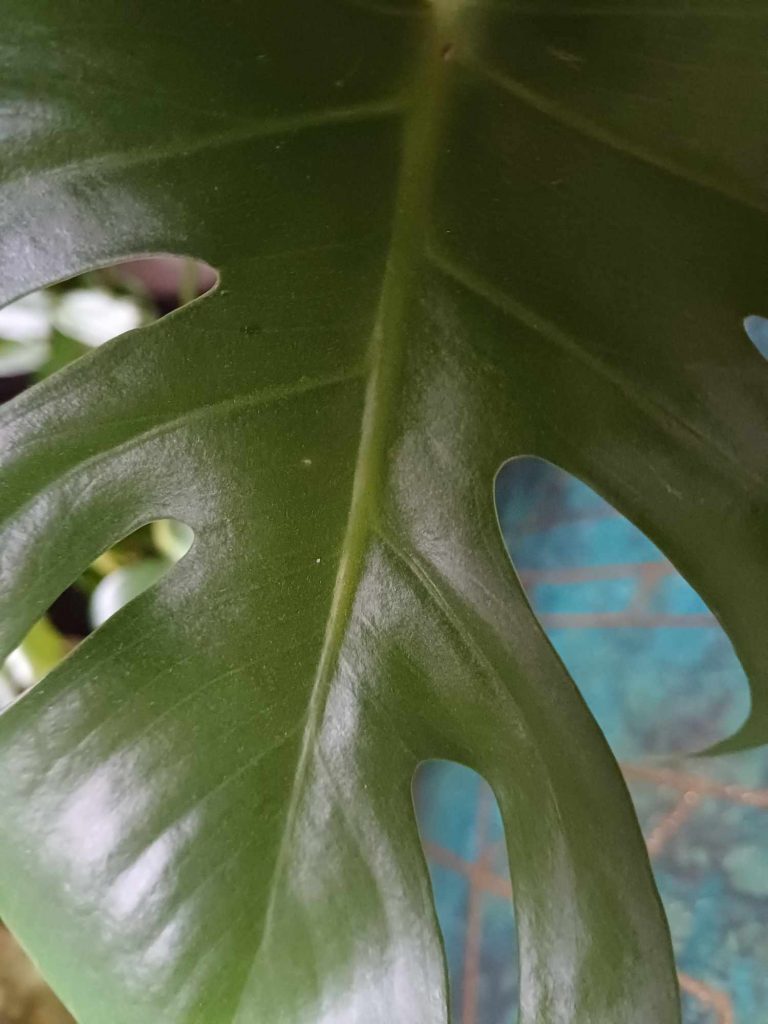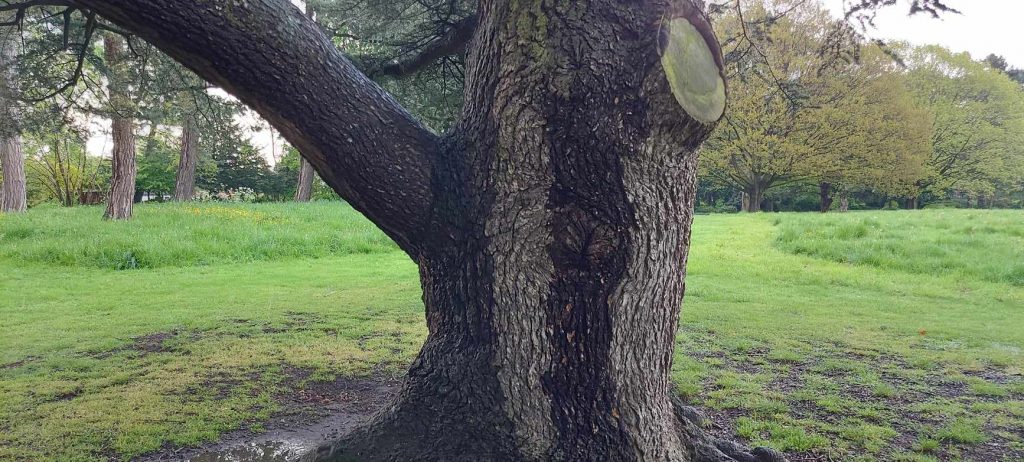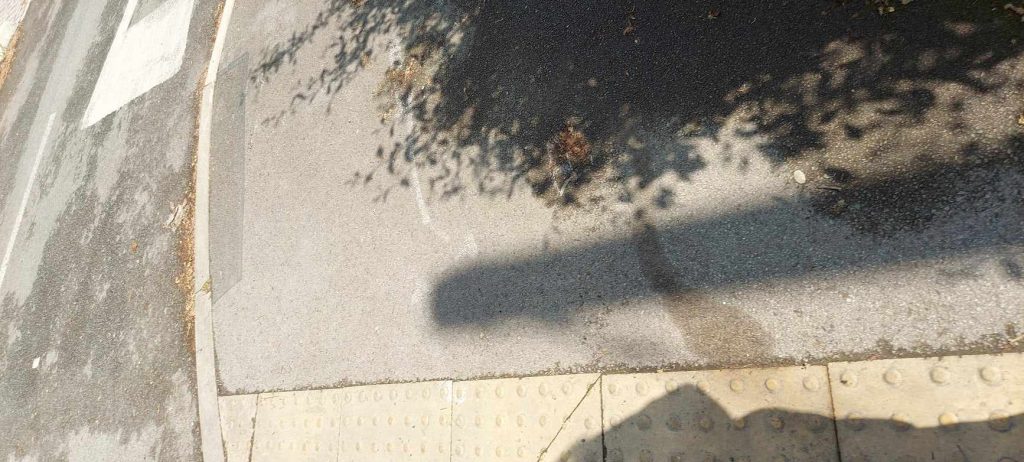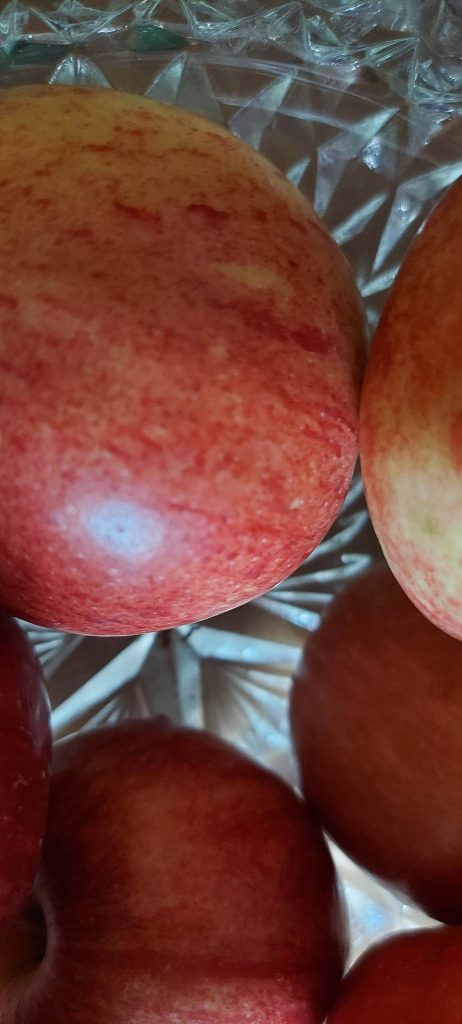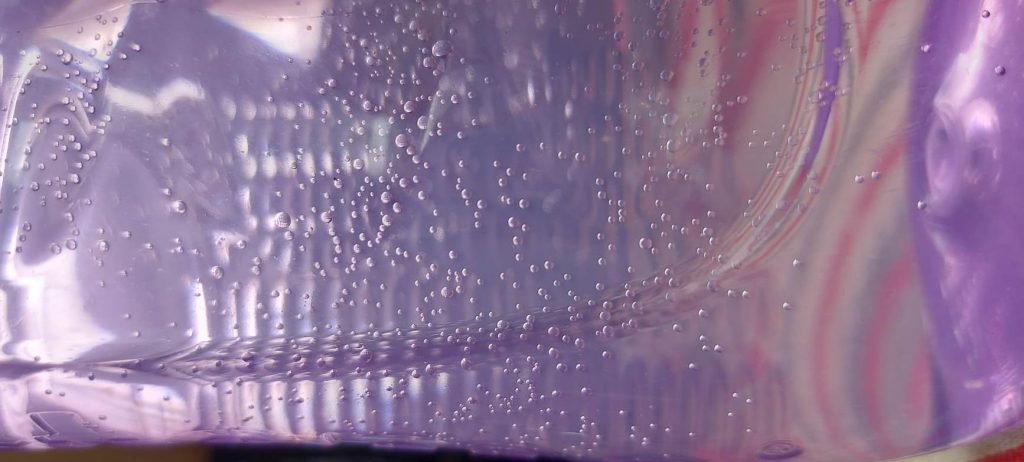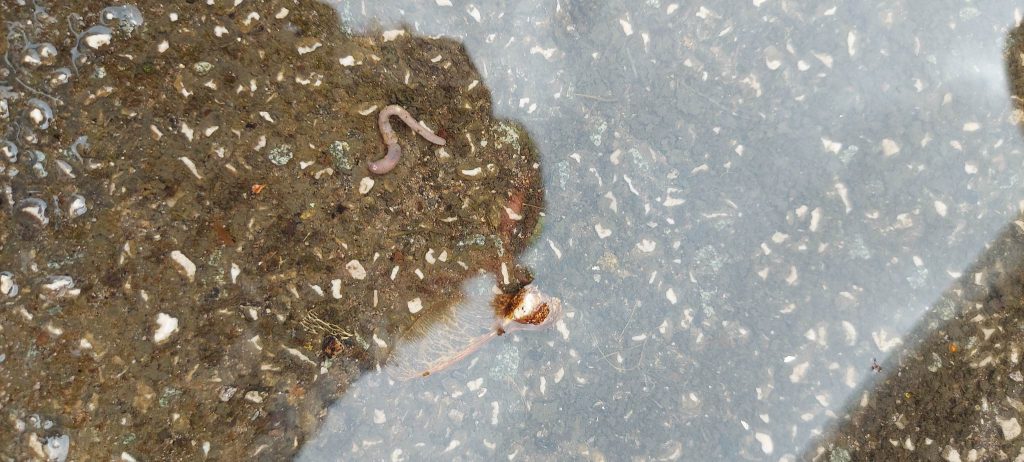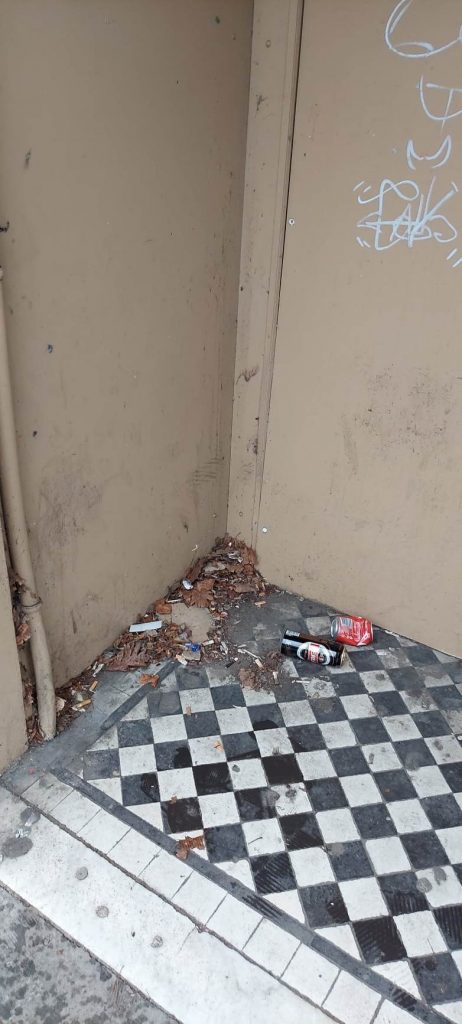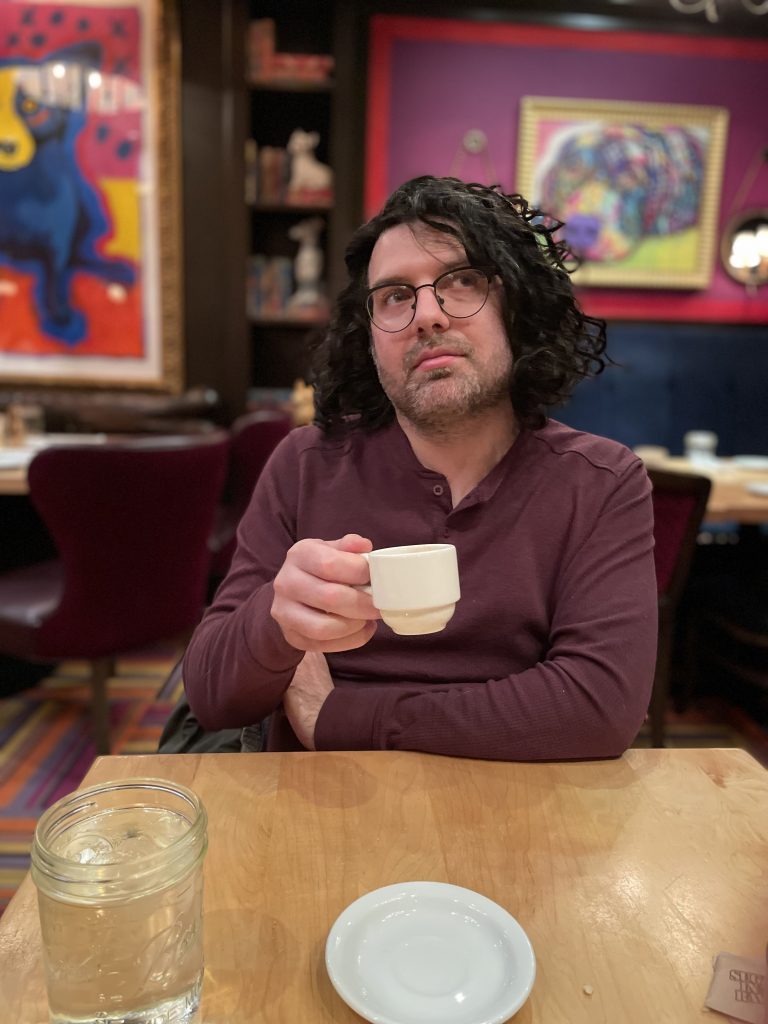
It was time to go back, time to walk again the path that I had walked so many times in my memory across the years, time to try and put the past to sleep.
I remembered that summer so well. It had been long, and sweltering, with days that seemed to go on and on. The day it happened we had all wanted to cool off down by the river. We had congregated at a wide curving stretch where the apparently slow-flow of water suddenly went at breakneck speed as it cascaded over the fifty-foot-tall waterfall.
Nestled down in a red sandstone valley, the river, and its surroundings, could have been so beautiful, if it hadn’t been for the landfill site that ran within a hundred feet alongside the bank where the waterfall smashed into the rubbish-strewn river bed and tumbled away over broken bikes and shopping trolleys. It was the warm mellow sandstone that was, in a way, to blame for what happened. We loved the fact that we could carve our names so easily in the exposed red-rock faces that rose up high above the slow-flowing river before the waterfall, but it was also that softness that let the river carve its character into the rock, a character that was cruel and vicious. The warm glow that filled the valley when the sun shone down upon the red-rocks belied the malevolence of the wicked relationship between water and stone. If they had never met, at that point on earth, or spent so many centuries enmeshed with each other, it would never have happened.
We knew the area so well as it was our playground, a playground that we had to reach by clambering over a tall chain-link fence. We then had to scramble through bramble and bindweed entangled undergrowth, crossing the freight live-line and the old passenger dead-line of the railway. Most had no fear of crossing the live-line, but I did. I was always the coward. I used to imagine the train hurtling towards us and taking us along with it as it passed, just as my parents said it would, but I never did see a train on the live-line. That fear of railways was embedded in my heart though, my parents’ warnings made sure of that. They didn’t know we crossed it regularly, they thought we heeded their warnings, but our main playground was the dead-line: the place we built our dens and fought our imaginary battles. They didn’t know we went beyond even there and played down by the river, our favourite summer place. They told no stories of the dangers of water, but instinctively I knew that the river was out to get me, and hurt me, just like the trains were.
It was a long trek to reach our favourite place and we were hot and bothered by the time we reached the river that day. There were lots of us there. Some children I knew, and some I didn’t. The girls were in their homemade floral summer shift-dresses and sandals, and the boys were in baggy shorts, t-shirts and black plimsoles. There was joy in the air, a joy that reverberated off the sandstone and swept down the river, letting everyone know how happy we were. Even the smell of sewerage and chemicals in the river didn’t deter us. Nothing was going to stop us cooling off. Nothing was going to stop the fun.
That day some of us were bold, brave and daring, diving and surfacing. Some of us were cowardly, just paddling in the shallows. I was, of course, one of the cowards. She was one of the bold, brave and daring amongst us. She was the one that first dived off the top of the waterfall. She was the one that encouraged others to join her. The joy oozed from every pore on her body and was like a rainbow aura all around her. Adding to her beauty were flowing golden locks that streamed outwards as she dived. She had the innocence of most eight-year olds that had not had fear etched into their heart: a child that knew life was for living to the full. She was the one that had the most fun. Meek, mouse-like me, envied her courage as I paddled in the shallows. ‘She’. I can’t remember her name; fear that day, carried it away.
The first we knew of anything being wrong was when her best friend suddenly noticed she wasn’t around. We thought she was acting the fool, as she did so often, but then we started to panic. “When did you last see her?” shouted one of the boys. Everyone agreed that they last saw her diving off the top of the waterfall. None of us knew what to do. We were frozen in place, fearful of running for help because we knew we shouldn’t be there. Then a man walking his dog came by and we told him that we hadn’t seen our friend since she dived off the top of the waterfall. “Stay away from the water! I’ll get help,” the man shouted to us all, “but stay away from the water!” he emphasised, and then he turned and ran.
It seemed like a lifetime before they came. There were police, firemen, and an ambulance. They couldn’t get close with vehicles and had to walk to us by skirting around the edge of the rubbish dump. When we saw them coming we were scared to stay, but we were also scared to leave. They started to question us about where she had jumped from, but all we could say was the top of the waterfall. After they had taken our details they told us to go home and to stay away. We knew we had to tell our parents. We knew we had to face their wrath. In some ways facing their wrath was worse than what had happened.
“We’ve told you again and again not to go over that railway line!” screamed my Father. He was a man we always dreaded to cross. He had a stature and hair colour that matched his temper and nature: short and black. He never missed an opportunity to lash out, and this time was no different. It was my Brother that took the brunt of it as he was closest, but we all felt the stings of his blows. “Why can you never be trusted?” he shouted. “Are you thick? Are you too stupid to understand what we say? Get out of my sight! Now you retards!” He turned to my Mother and said “I’ll teach them! I’ll make them sit down by the river and see her body brought out! That will give them a lesson they will never forget!” My Mother said nothing, just as she always said nothing when he was on one of his rants.
We weren’t the only ones back there by the river the next day. No one could stay away, not children, not parents, not nosy locals. The place was like a giant magnet drawing every bit of scrap metal to it. We all sat and watched, day after day. We sat with my Father on a bare mound of soil in an area that separated the tip from the river, not far from where the police divers scoured the area below the waterfall. I picked up a piece of rubbish and tore the paper into tiny strips to pass the time. A police officer walked past, and my Father shouted to him “You should show the body to all these kids when you bring her out! You wouldn’t catch the idiots swimming in there after that!” There was pure hatred on the officer’s face as he stared at my Father for a long moment before he turned and walked away without saying a word.
It was eight days before they found her. They said that the river had corroded the sandstone, making tunnels under the waterfall which created lethal whirlpools that had dragged her down and into a tunnel. They made us all leave when they brought her out, so my Father didn’t get his wish fulfilled. We stayed away from the river after that, and we stayed away from the railway lines. Not long afterwards we moved away from the area, but I never forgot, and I knew that one day I would go back.
I passed my driving test when I was eighteen and I started to explore the places from my childhood again. At first, I stayed away from the river, but I knew that the tip was no longer there, and that the area had been landscaped to create a country park for the local people to enjoy. One hot summer day, a day that was just like that fateful day, I decided the time had come to visit and try to put the ghosts to rest. I no longer had to clamber over fences, and through undergrowth, as a carpark now stood at the entrance to the valley where the deadline met the old railway viaduct. Willow and hawthorn lined the route up along the deadline, and birds sang and flitted from bush to bush, while crickets chirped in the long grass. Gone was the odour of rotting rubbish, replaced now by the scent of flowers and nature. Gone were the dens made of wood and corrugated iron that we had made in the undergrowth. This was no longer a wasteland of rubbish; this was an area that Mother Nature had clothed in beauty, one she could be proud of.
I walked slowly along the dead-line and appreciated every tree, every bush, every flower. Did I do that to delay my visit to the river? Was it my subconscious mind trying to keep me away from the past? I don’t know, but I know a ten-minute walk took me an hour.
The dead-line was above the river which was now hidden from view by woodland. A wide path led downwards through the trees to meet the river just by the waterfall, with another path curving off upstream, running beside the river, under the towering red-rock, where we had paddled and dived all those years ago. The long grass was dry, and crackly, just as it had been on that terrible day. I sat down amidst it and watched the slow progress of the river until it once again dashed over the waterfall. The river no longer smelt of sewerage and chemicals, and no one could ever dive from the waterfall now: they had filled the riverbed below the waterfall with huge boulders after that tragic incident. The sound of water hitting those boulders mingled with the bird song that filled the valley with beautiful music.
I sat there, for a long-time, watching swallows flying joyously back and too, low along the river, catching insects for their young. They flew close to me also, so close I felt I could reach out and touch them: the acrobats of the air putting on a special show just for me. I heard a call then, a long low whistle, the whistle of one of my favourite birds: the kingfisher. I sat stone still and watched for its approach. On the edge of the opposite bank was a willow whose branches hung over the river, and it was there that the kingfisher alighted. She watched the water with an inquisitive eye, and then dived boldly down into the river. Moments later she shot upwards back through the water surface and towards the branch, a rainbow-like aura surrounding her iridescent blue and orange feathers. Water droplets that caught the gold of the sun fell earthwards and spread sparkles across the river. She sat on the branch, upright and proud, the performer in front of her audience. It was then, in the corner of my eye, that I spotted a movement on the ground. I slowly turned my head just in time to see a frightened furtive little mouse scurry away back into the long grass.
Mother Nature had healed this place, but the joyful and the fearful still played here. Seeing life acted out in nature, I wondered if it was better to live a short life full of joy, or a long one full of fear? Would the kingfisher or the swallow swap places with the mouse, and would she have swapped places with me?
Kerry Barlow has studied creative writing with The Open University.

